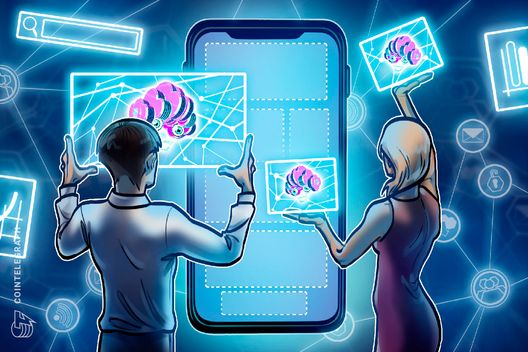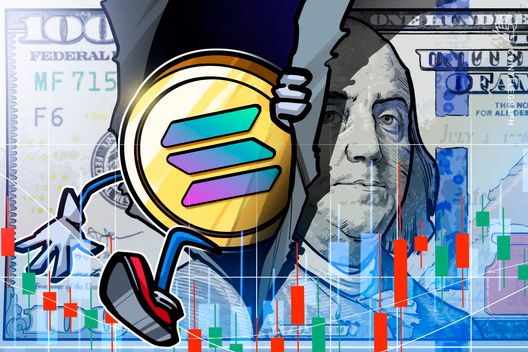The intersection of cutting-edge technology and blockchain innovation is taking center stage with the latest offerings from Gaia Labs and Solana. In a significant development, Gaia Labs has unveiled a smartphone powered by artificial intelligence, while Solana is introducing new devices that seamlessly integrate blockchain features. This renewed focus on merging advanced consumer technology with blockchain functionalities signals an exciting evolution in how everyday devices can enhance user experience and security.
These advancements come at a time when both artificial intelligence and blockchain are reshaping various industries. The potential for smartphones to leverage these technologies is immense, offering prospects for improved data privacy, transaction speed, and overall functionality. As these devices hit the market, they are poised to attract attention not only from tech enthusiasts but also from a broader audience interested in the capabilities that blockchain can enable in their daily lives.
“The integration of AI in smartphones alongside blockchain features represents a bold step forward in consumer tech, showcasing how these technologies can work together to create more intelligent and secure devices,”
As tech giants race to capture consumer interest, the collaboration between AI and blockchain is set to redefine how we perceive mobile technology and its potential applications in our routines. With Gaia Labs and Solana leading the charge, the landscape of consumer electronics is on the brink of transformation, blending innovation with practicality.
Impact of Gaia Labs’ AI Smartphone and Solana’s Devices on Consumer Tech
Key points related to the integration of blockchain features in consumer technology:
- Gaia Labs’ AI Smartphone:
- Focuses on advanced AI capabilities for enhanced user experience.
- Utilizes blockchain for secure data management and privacy.
- Solana’s Latest Devices:
- Incorporates blockchain technology for faster transactions and lower costs.
- Promotes decentralized applications, enhancing user control over data.
- Integration of AI and Blockchain:
- Combines AI with blockchain to provide personalized services while maintaining security.
- Potential to revolutionize how consumers interact with their devices and manage their data.
- Consumer Benefits:
- Improved security measures safeguard personal information.
- Enhanced usability through AI-driven features tailored to individual preferences.
- Greater transparency in how data is used and shared with third parties.
The evolution of consumer tech towards AI and blockchain integration signifies a shift in user expectations for security, personalization, and data management.
Blockchain Integration in Consumer Tech: A Competitive Landscape
Gaia Labs’ introduction of an AI smartphone signifies a pioneering step in the integration of blockchain technology with everyday devices. Coupled with Solana’s latest offerings, this move underscores a significant trend in consumer tech where decentralized systems mingle with smart functionalities. This intersection of cutting-edge AI and blockchain features provides a fresh perspective in a market ripe for innovation.
One of the competitive advantages of Gaia Labs’ AI smartphone lies in its ability to leverage machine learning capabilities alongside blockchain’s security protocols. This dual-functionality could appeal to tech-savvy users who prioritize privacy and efficiency, creating a niche segment that values enhanced data protection while benefiting from AI-driven applications. In contrast, Solana, known for its rapid transaction speeds and lower costs, positions its devices as more user-friendly and accessible to a broader audience, which may attract users who are looking for straightforward crypto integration without the complexities.
However, both approaches present distinct challenges. Gaia Labs risks alienating consumers who may find the integration complex or unnecessary, particularly those who are less familiar with blockchain. Furthermore, the smartphone’s high-tech features might come with a higher price tag, potentially limiting its market reach. Solana’s devices, while easier to understand, could face criticism regarding their reliance on a single blockchain ecosystem, possibly leading to vendor lock-in for users who invest heavily in Solana’s technology.
This emerging trend could benefit tech enthusiasts eager to explore new capabilities and features. They will likely appreciate the robustness of Gaia Labs’ innovations and the straightforward nature of Solana’s approach. Conversely, more traditional users or those resistant to change might find such advancements a hurdle rather than a benefit, creating friction in their adoption of these new technologies. The balance between cutting-edge features and user-friendliness will ultimately define the success of these products within the competitive landscape of consumer technology.















